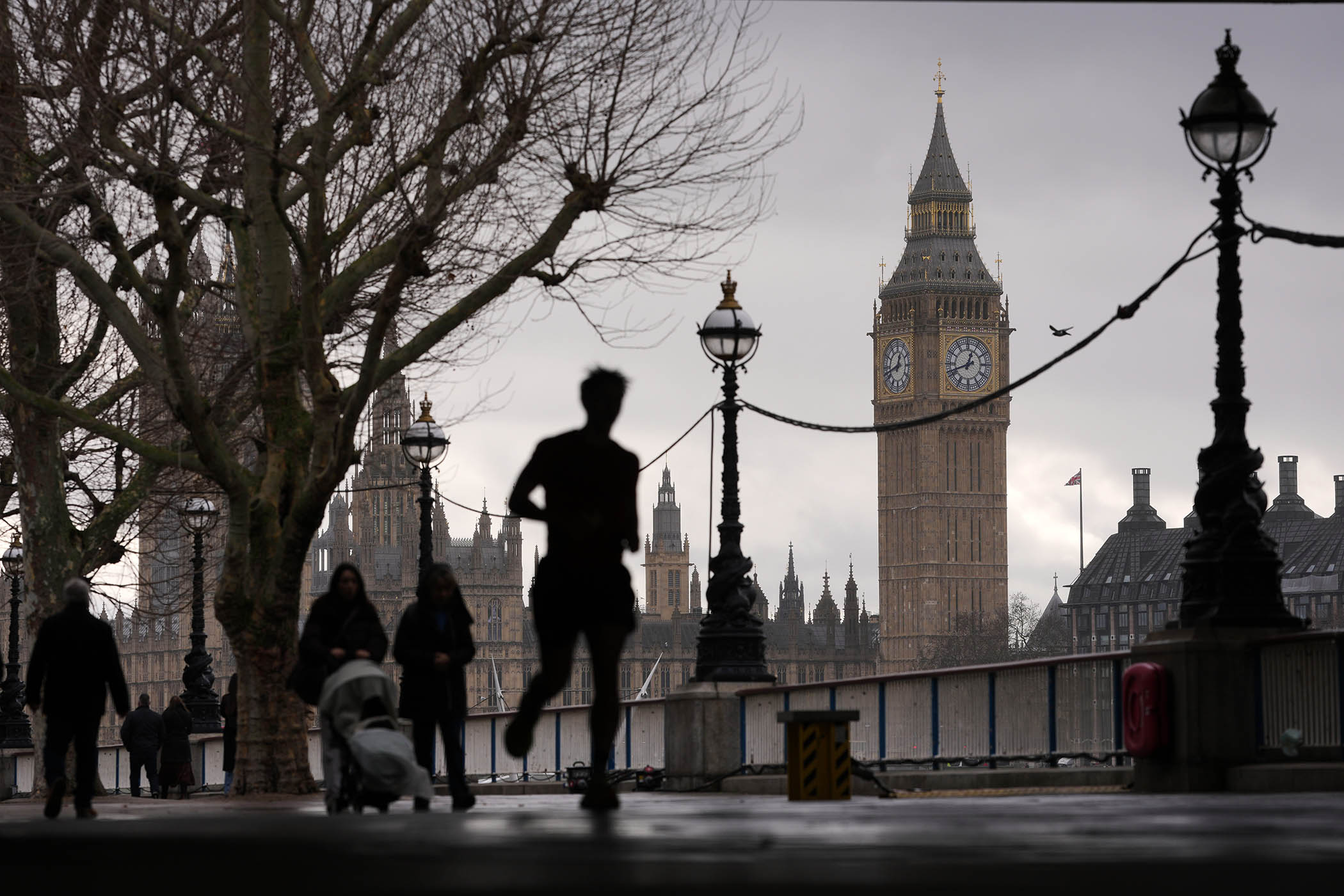This is the fifth article in a series. Read the others here.
Any national budgetary process involves careful deliberation, refining forecasts and making difficult judgement calls about the economic and political reaction. But the events of the past four or five weeks go well beyond that. The degree of public kite-flying, improbable oscillations between economic projections and straightforward indecision has reached the absurd – and caused avoidable economic damage.
It is toytown budgetary policymaking, all in plain sight. Fundamental questions have been raised about the viability of the “ironclad” fiscal framework, the institutional machinery of British budget-making and the sheer lack of surefootedness of Labour’s economic and political leadership. They will not be quickly or easily dispelled.
The chancellor’s astonishing volte-face on the proposed manifesto-breaking rise in income taxes crystallised the concerns, allegedly excused because the most recent set of economic forecasts from the Office for Budget Responsibility (OBR) were suddenly more optimistic. It is not an explanation that passes muster with many economic forecasters.
The OBR
It is true that the British economy has more resilience and is not the basket case beloved of the government’s right-wing economic and political critics. The OBR cannot suddenly have chanced upon these realities, nor more buoyant wage growth delivering higher income tax yields. Forecasts, as Jagjit Chadha, former director of NIESR, argues, do not bounce about from week to week to the degree the government wants us to believe. The basic economic tramlines are well-established. A better explanation is that the OBR has been the object of a successful, intense lobbying campaign by Treasury officials to “score” more of the government’s policies as growth-enhancing – and so create the space to take the political heat off the prime minister and chancellor.
The OBR, in fairness, has one good excuse. Britain is a £3tn economy. Government spending runs at £1.3tn and government revenues at some £1.15tn. These are very large numbers, and the number the fiscal rules targets – the hoped-for surplus between revenue and spending to lower debt in year five of the forecast – is tiny by comparison. The OBR is obliged to accept that the government’s spending plans are written in stone; its pro-active job is to forecast expected growth in the economy and the resulting tax receipts, and then come to a judgment about whether, in five years’ time, revenues will be buoyant enough to exceed spending by a sufficient margin to lower the national debt. An adverse movement of a mere 0.3% five years hence can eliminate any surplus. In economic forecasting terms, this is like identifying a pin in a haystack.
Thus, the snakes and ladders of the past few weeks – the snake of a lower productivity assumption or the ladder of higher tax receipts. The country, economy, financial markets and the political process are in thrall to a seesawing of expectations and speculation that is bonkers – and which, worse, has been going on since the summer. The markets certainly noticed: in one day, 10-year government bonds lost half the improvement of the previous three weeks.
Reform is a necessity
Britain, given its need to borrow and its dependence on overseas lenders, needs a fiscal framework to assure the markets it operates within credible limits. But two reforms are an imperative. The OBR, as Andy Haldane, former chief economist of the Bank of England, has written, is currently “prosecutor, judge and jury” of economic and fiscal policy, and we are witnessing the baleful results. Instead, he writes, the Treasury should take back its “brain” and produce the economic forecasts itself. The whole process should be more private – as it used to be. The OBR should then adjudicate the results as an independent second “pair of eyes”, as in other countries. And instead of one target for debt in five years’ time, there should be tolerance bands for debt levels beyond five years within which no corrective action is needed, backed up by accompanying tolerance bands of potential “fiscal headroom”. The government would not only retain fiscal credibility but also the scope to borrow in order to invest, and the vital discretion to react to shocks.
Those changes can and must happen. In the meantime, the Reeves budget will follow lines of least resistance. The centrepiece will be to raise income tax by stealth, freezing and extending the freeze on income tax thresholds so that by 2030 – incredibly – one in four taxpayers will be paying a higher rate. That will be accompanied by a smorgasbord of other measures on lifetime gifts, pensions and gambling, as well as higher council tax.
Bold ideas to support the growth of a trillion-pound tech economy by 2040 or decisively address child poverty? To reform property taxation? To incentivise pension funds to invest in Britain? Materially to boost the National Wealth Fund? Forget them all. The hope must be that the budget preserves enough fiscal credibility to allow the government to continue to borrow in order to maintain the current, relatively high public investment levels. But when compared to what could have been done, as well as the risks softer options pose to the markets, that is scant comfort.
Newsletters
Choose the newsletters you want to receive
View more
For information about how The Observer protects your data, read our Privacy Policy
For the lessons of the last week are ineradicable. The fiscal rules need recasting and the institutions in the budget-making process reformed to make British economic policy more growth-oriented and less susceptible to the pressures that have so throttled it. But this is unlikely to come from the gored Reeves-Starmer axis. The $64,000 question in British politics is how and when a different leadership will emerge to deliver these vital reforms – and who it will be. We cannot go on like this.



